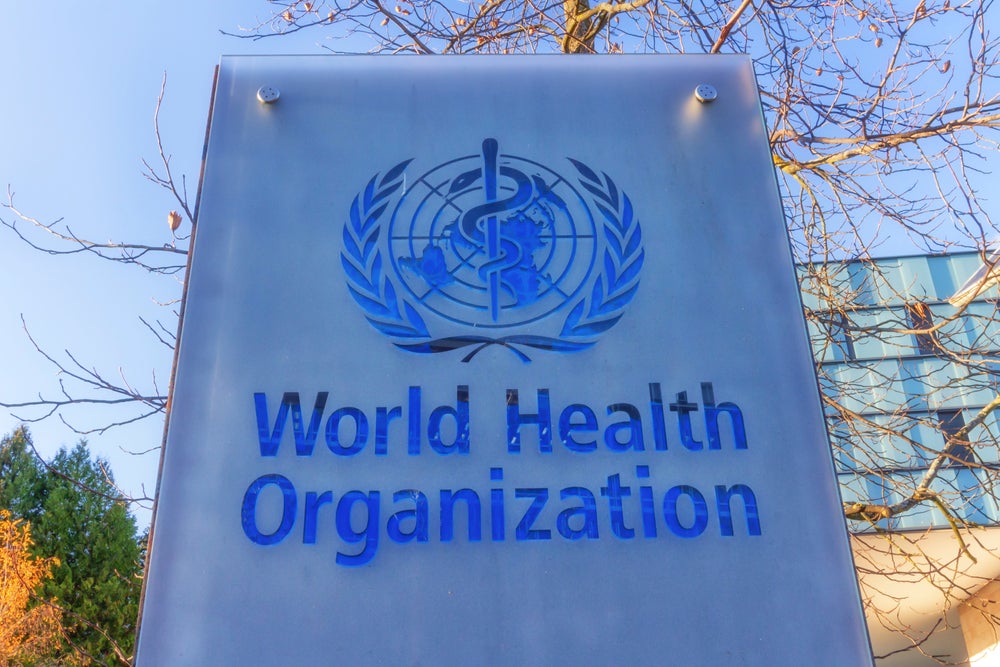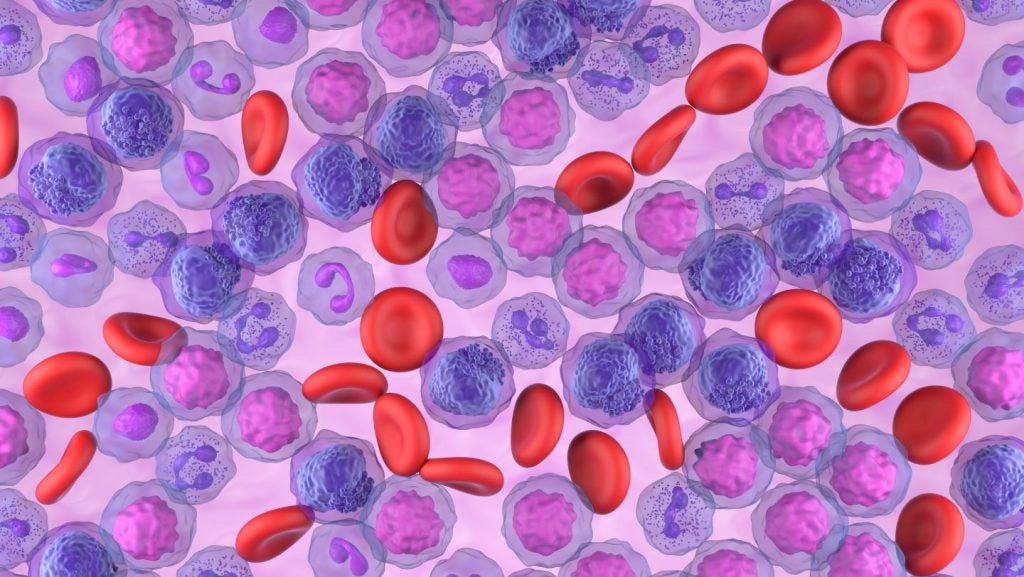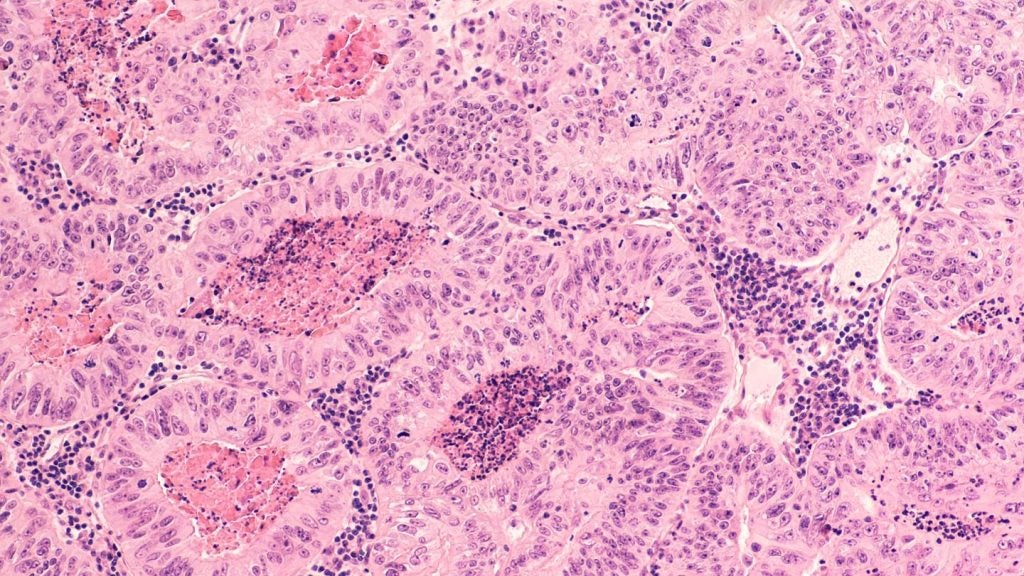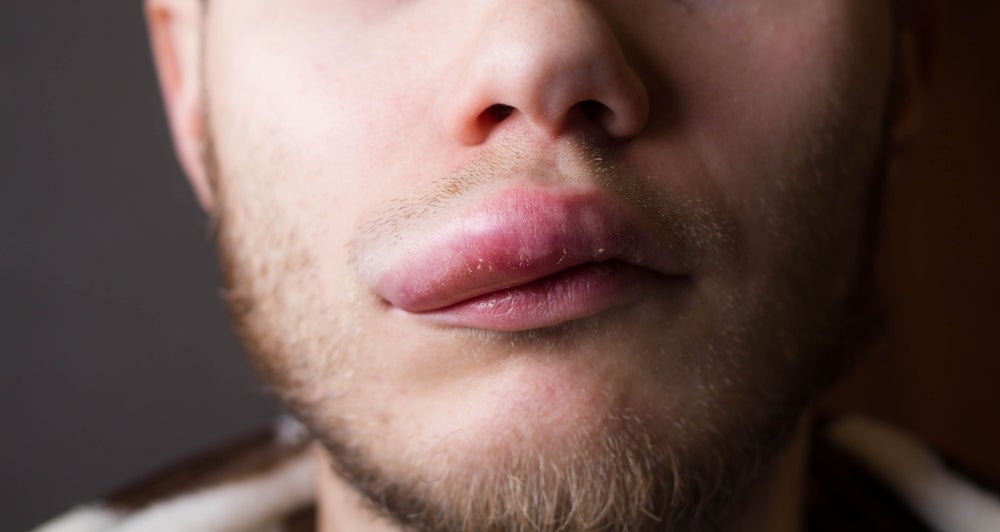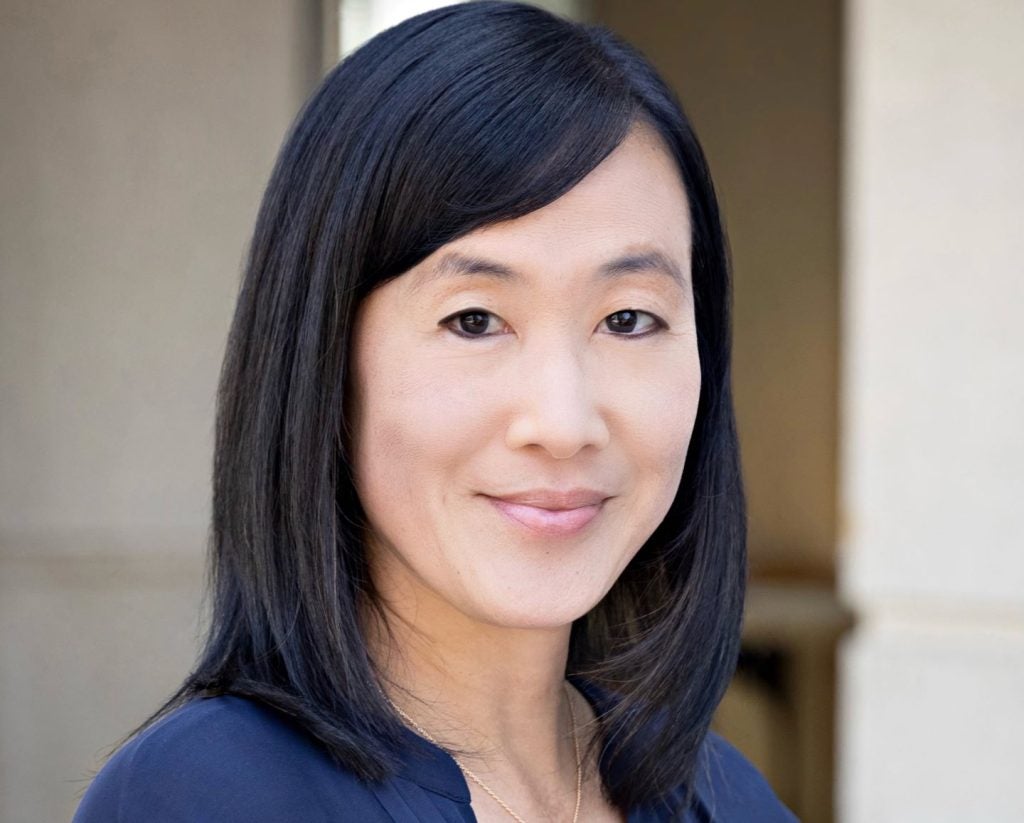At the World Health Organization’s (WHO) sixth meeting of the Intergovernmental Negotiating Body in Geneva, the WHO director-general Dr Tedros Adhanom Ghebreyesus has called out critics of the organisation’s planned pandemic accords at the opening remarks of Intergovernmental Negotiating Body’s sixth meeting.
“20 years ago, the tobacco industry tried to undermine negotiations on the WHO Framework Convention on Tobacco Control. The same thing is happening now. Groups with vested interests are claiming falsely that the accord is a power grab by WHO, and that it will stymie innovation and research,” he said in his opening remarks on 19 July.
The “Pandemic prevention, preparedness and response accord” is an agreement between the WHO member states to “draft and negotiate a convention, agreement or other international instrument under the Constitution of the World Health Organization to strengthen pandemic prevention, preparedness and response”.
Member states began developing the pandemic accords in February 2022 and the agency has continued to hold meetings in 2023. The WHO says that the accord will improve global preparedness and give predictable funding for future public health emergencies.
Ghebreyesus’ remarks have attracted some attention. The AIDS Healthcare Foundation (AHF) criticised the agency for the call-out, naming the accords a “WHO power grab” in a 19 July press release. AHF’s president Michael Weinstein responded to Ghebreyesus’ statement by saying that the WHO had a “subpar record at best in handling global public health emergencies”.
In a press release, Weinstein said: “We object to the notion that parties with ‘vested interests,’ who want to see a meaningful and enforceable draft of a new pandemic accord – one that is transparent, accountable, and cooperative – are attempting to disrupt negotiations at the current INB meeting."
In his speech, Ghebreysus said that the WHO aims to overcome immunisation challenges and future public health emergencies through the accord and “The big Catch-up”. This aims to boost vaccination efforts by removing some of the burden from global health services. He said the Working Group on International Health Regulations will have its fourth meeting to discuss future actions next week.
WHO data from 18 July shows that the number of children who missed out on one or more vaccines delivered through routine immunisation services reduced from 24.4 million in 2021 to 20.5 million in 2022. However, this number is still higher than before the pandemic.
“We’re still falling behind with our targets to reach children with measles, HPV, yellow fever and many other vaccines,” said Ghebreyesus.
The report found that of the 75 WHO member countries, only 15 have recovered to pandemic levels of immunisation.
Ghebreysus said: “Low-income countries are not yet showing signs of recovery.”
He said the Working Group on Amendments to the International Health Regulations will enter its fourth meeting to discuss future actions next week.


